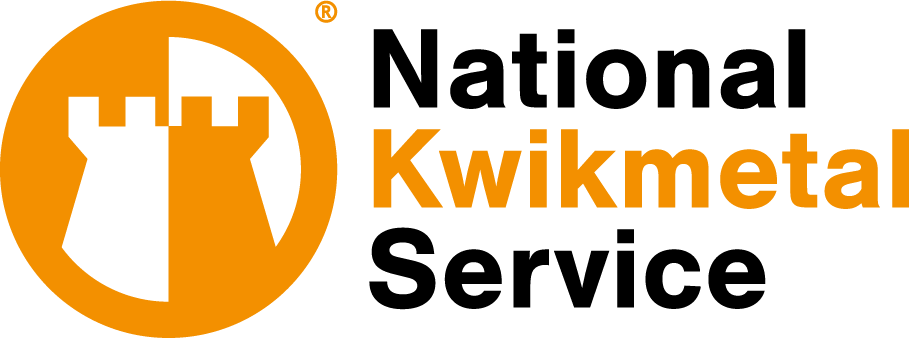
When slitting aluminum coil in Portland, you’ll want high quality results. But equipment failure and irregular upkeep often result in problems — one of the most common of which is a ‘burr’. A ‘burr’ essentially refers to the creation of rough edges that sometimes form on the metal piece during the slitting process. Since a burr affects the product’s performance, you’ll want to avoid them at all costs.
Aluminum slitting in Portland is a specialized process that not everyone is capable of performing. If you’re going to attempt the process at your facility, the following tips on how to slit aluminum without a burr should be very insightful.
Strips or coils that contain burrs are considered flawed. Burr formation can compromise the functionality, endurance, and safety of the product. It can lead to increased material failures, susceptibility to corrosion, friction, heat, risk of static discharge, wear, etc. Removing this defect right from the start manufactures a more aesthetically appealing and functional final product.
When slitting aluminum in Portland, burring is quite a common occurrence. It forms at different stages of machining operations, including casting, forming, grinding, molding, milling, stamping, and more. Rollover burrs that look like tiny curled-up pieces of the material projecting upwards commonly occur and can be seen. Breakout and Poisson burrs are also quite evident. Poisson burrs are when too much metal accumulates at the end, and Breakout burrs literally breakout on the work piece.
One of the typical quality problems arises with an edge burr. So, how can you prevent these obstacles? The solution is easy, provided you know the processes in and out and have the technical knowledge. We always recommend partnering with a professional slitting service provider, but if you choose not to, here are some quick ways to fix your equipment to prevent burr formation.
Clean and/or Repair: Regular maintenance keeps the equipment free from any stressors. So make sure you clean all components, including knives, spacers, and head shaft. Also, fix the tools if they are cracking, rusty, or blunt.
Mounting on the Arbor: Mounting the slitter spacers as well as knives onto the arbor offers a clean, burr-free process.
Precise Knife Clearance: Slitting knives must have an accurate and balanced clearance. If the clearance isn’t as required, rotate the arbor to check if it is correct. Moreover, inspect all equipment for their quality and performance. Investing in sturdy and robust machinery is the key to burr-free aluminum slitting. If your facility in Portland has superior machines, adjust the vertical knife clearance to slit without edge trim issues.
Based on the different applications in question, the deburring techniques may vary. One can manually buff the burr off the metal, but it’s time-consuming and reduces productivity. With mechanical methods, a device grinds the burr making it a costly but efficient and popular option. Thermal and electrochemical deburring are the other two standard methods for getting burr off the work piece with higher accuracy, even targeting a hard-to-reach burr.
Stainless steel and aluminum slitting is a delicate task that is best left to the professionals. At NKS, we have decades of experience in slitting metals based on customer specifications and their particular applications. We understand the details that the slitting processes involve for providing optimal output. Our operators are skilled and knowledgeable enough to work on your materials with the utmost care and precision. If accuracy and quality are important to you, get in touch with the NKS team to slit your materials, burr-free. Contact us at 1800-722-5029 today and request a quote.
Toll Free: 800-722-5029
Phone: 847-257-6570
Phone: 442-980-0611
Phone: 615-793-4700
Toll Free: 800-722-5029
Phone: 442-980-0611